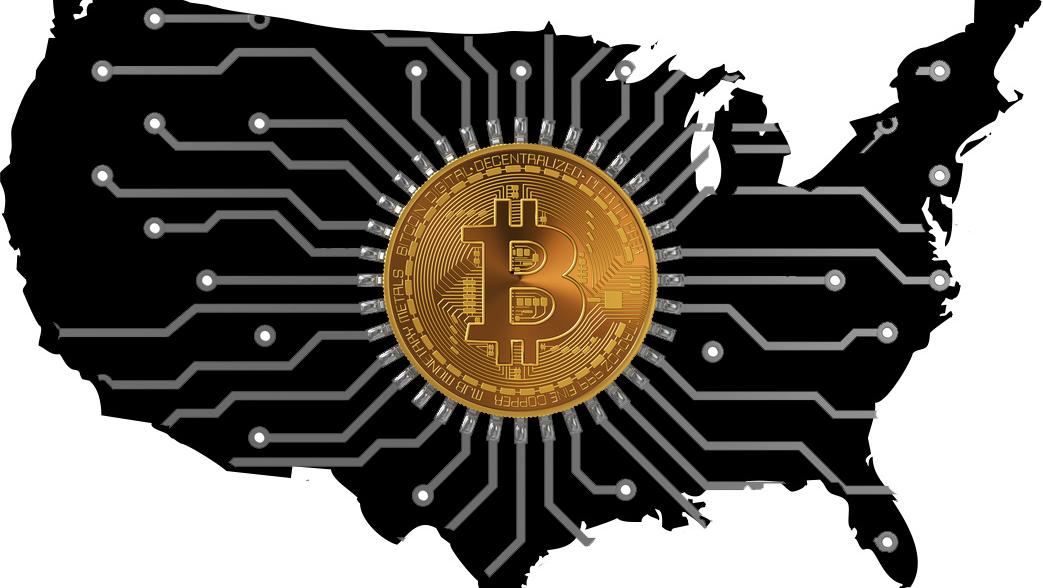PALO ALTO, Calif. (Reuters) - The Federal Reserve is looking at a broad variety of issues around digital payments and currencies, consisting of policy, style and legal considerations around potentially releasing its own digital currency, Governor Lael Brainard said on Wednesday. Brainard's remarks recommend more openness to the possibility of a Fed-issued digital coin than in the past." By transforming payments, digitalization has the prospective to provide higher worth and benefit at lower expense," Brainard stated at a conference on payments at the Stanford Graduate School of Business.
Main banks worldwide are discussing how to manage digital financing https://s3.us-west-2.amazonaws.com/brownstoneresearch4/index.html innovation and the dispersed journal systems utilized by bitcoin, which assures near-instantaneous payment at possibly low expense. The Fed is establishing its own round-the-clock real-time payments and settlement service and is presently reviewing 200 remark letters sent late last year about the proposed service's design and scope, Brainard said.

Less than two years ago Brainard told a conference in San Francisco that there is "no engaging demonstrated need" for such a coin. However that was before the scope of Facebook's digital currency aspirations were widely understood. Fed authorities, consisting of Brainard, have actually raised issues about customer securities and information and personal privacy risks that could be presented by a currency that could come into usage by the third of the world's population that have Facebook accounts.
" We are working together with other reserve banks as we advance our understanding of reserve bank digital currencies," she said. With more nations checking out releasing their own digital currencies, Brainard stated, that includes to "a set of reasons to likewise be making certain that we are that frontier of both research study and policy advancement." In the United States, Brainard stated, issues that require research study include whether a digital currency would make the payments system safer or simpler, and whether it could posture monetary stability threats, including the possibility of bank runs if cash can be turned "with a single swipe" into the main bank's digital currency.
To counter the monetary damage from America's unprecedented national lockdown, the Federal Reserve has taken unmatched steps, including flooding the economy with dollars and investing directly in the economy. Many of these moves received grudging approval even from many Fed skeptics, as they saw this stimulus as needed and something just the Fed could do.
My brand-new CEI report, "Government-Run Payment Systems Are Hazardous at Any Speed: The Case Against Fedcoin and FedNow," information the dangers of the Fed's current strategies for its FedNow real-time payment system, and propositions for main bank-issued cryptocurrency that have actually been dubbed Fedcoin or the "digital dollar." In my report, I talk about concerns about personal privacy, information security, currency control, and crowding out private-sector competition and innovation.
Supporters of FedNow and Fedcoin state the federal government must develop a system for payments to deposit instantly, instead of encourage such systems in the private sector by lifting regulatory barriers. But as noted in the paper, the economic sector is offering a relatively endless supply of payment innovations and digital currencies to solve the problemto the degree it is a problemof the time gap in between when a payment is sent and when it is received in a checking account.
And the examples of private-sector innovation in this location are many. The Clearing Home, a bank-held cooperative that has been routing interbank payments in various kinds for more than 150 years, has been clearing real-time payments because 2017. By the end of 2018 it was covering 50 percent of the deposit base in the U.S.